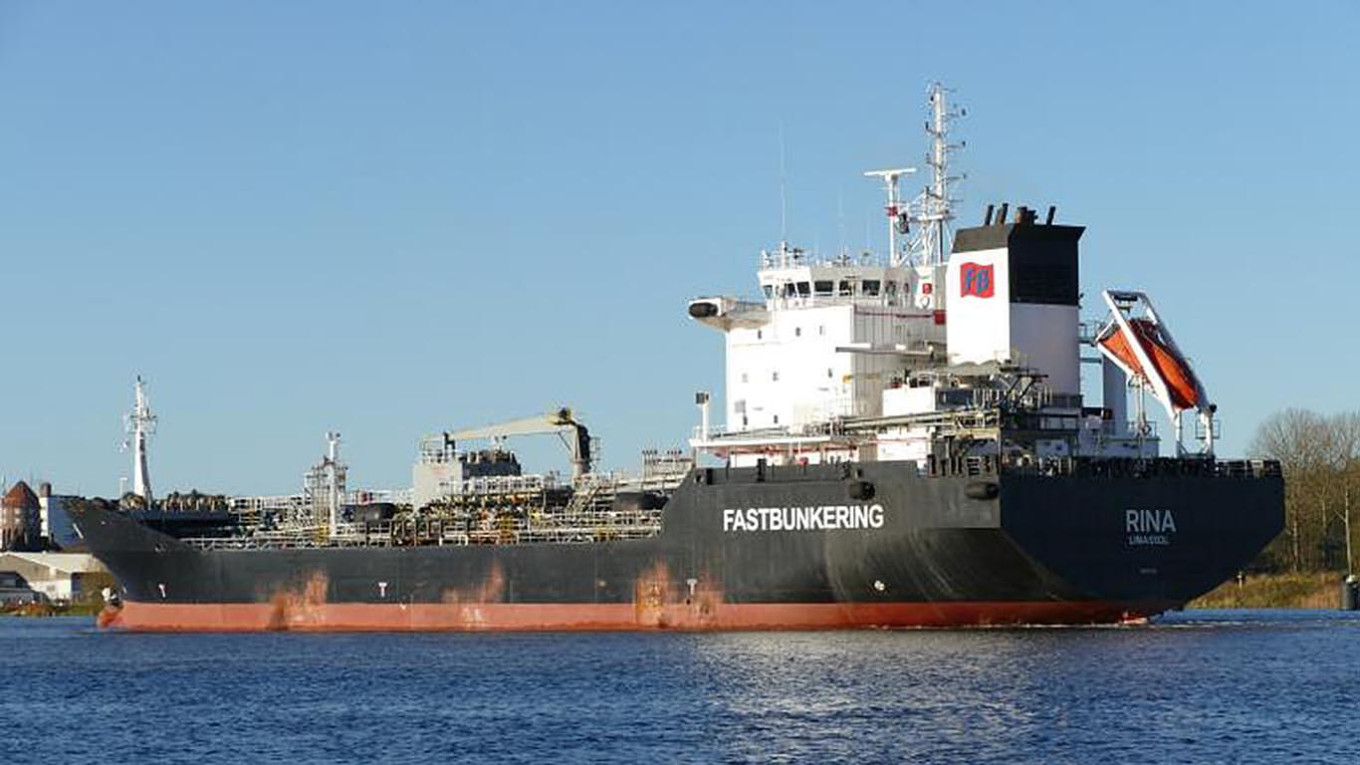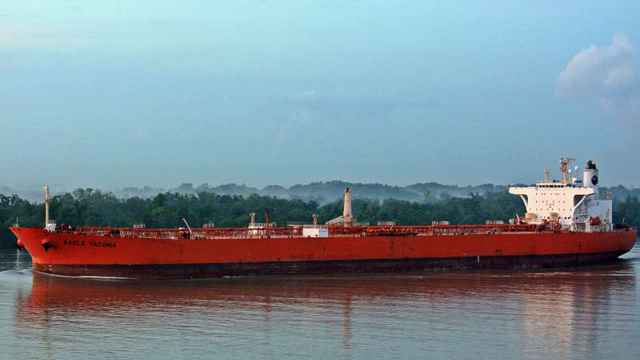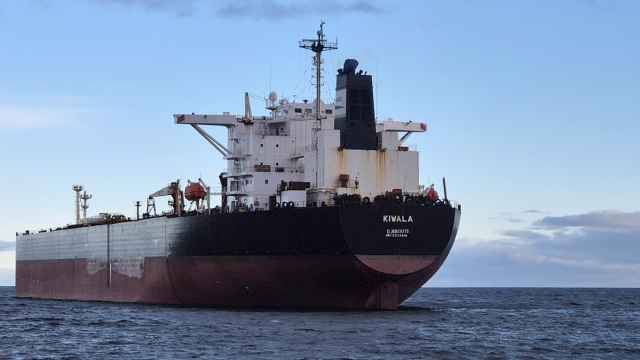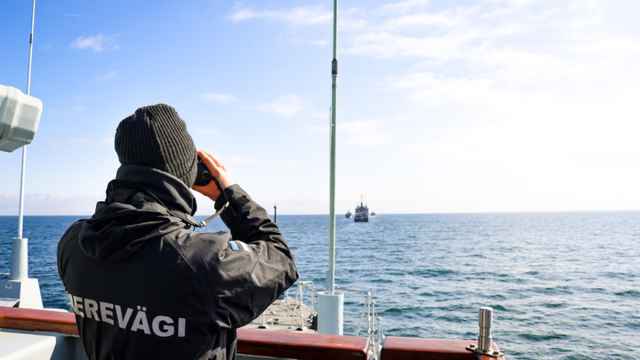A network of companies in Latvia, Lithuania and Estonia supplied fuel to tankers belonging to Russia’s “shadow fleet” which Moscow uses to evade Western sanctions and export oil abroad, according to an investigation by Lithuanian public broadcaster LRT.
Reporters found that the fueling operations were carried out by a group of companies known as Fast Bunkering using the bunker tankers Rina and Zircone.
The ships refueled 177 oil and oil product tankers tankers at various points across the Baltic Sea between June 2024 and March 2025, at least 159 of which had called at Russian ports shortly before or after being supplied, the report said.
Anatolii Kravtsev, an analyst at the Kyiv School of Economics who reviewed the data, told LRT that at least 20 of the tankers showed clear signs of belonging to Russia’s shadow fleet.
“Specifically, these vessels lacked insurance coverage from any member of the International Group of P&I Clubs, and their owners and management companies were registered outside the jurisdictions of the Oil Price Cap Coalition,” Kravtsev told LRT.
Although none of the tankers were under direct sanctions at the time of refueling, several were later added to sanctions lists by the EU, the U.S. and the U.K., LRT reported.
According to S&P Global, at least 3,100 ship-to-ship fueling operations involving Russia’s shadow fleet took place between April 2023 and April 2024 near the coasts of Malta, Greece, Spain (Gibraltar), the Netherlands and other European countries.
A separate Reuters investigation revealed that a small New Zealand insurer had played a key role in enabling the maritime transport of oil from Russia and Iran to Asian markets.
Maritime Mutual, managed by 75-year-old British national Paul Rankin and his family, insured nearly one in six tankers linked to Russia’s shadow fleet, Reuters found.
Research by the Center for Research on Energy and Clean Air (CREA) estimated that ships insured by Maritime Mutual transported at least $18.2 billion worth of oil and petroleum products from Iran and $16.7 billion from Russia since 2018.
New Zealand authorities are now investigating the company in coordination with U.S., U.K. and Australian officials, conducting searches at its offices in Auckland and Christchurch, Reuters said.
Maritime Mutual said in a statement to Reuters that it “categorically denies” engaging in conduct that breached any applicable international sanctions and maintains a “zero-tolerance policy” on sanction breaches.
Latvia, Lithuania and Estonia, former Soviet republics which are all EU and NATO members, are some of Ukraine's staunchest allies.
A Message from The Moscow Times:
Dear readers,
We are facing unprecedented challenges. Russia's Prosecutor General's Office has designated The Moscow Times as an "undesirable" organization, criminalizing our work and putting our staff at risk of prosecution. This follows our earlier unjust labeling as a "foreign agent."
These actions are direct attempts to silence independent journalism in Russia. The authorities claim our work "discredits the decisions of the Russian leadership." We see things differently: we strive to provide accurate, unbiased reporting on Russia.
We, the journalists of The Moscow Times, refuse to be silenced. But to continue our work, we need your help.
Your support, no matter how small, makes a world of difference. If you can, please support us monthly starting from just $2. It's quick to set up, and every contribution makes a significant impact.
By supporting The Moscow Times, you're defending open, independent journalism in the face of repression. Thank you for standing with us.
Remind me later.






